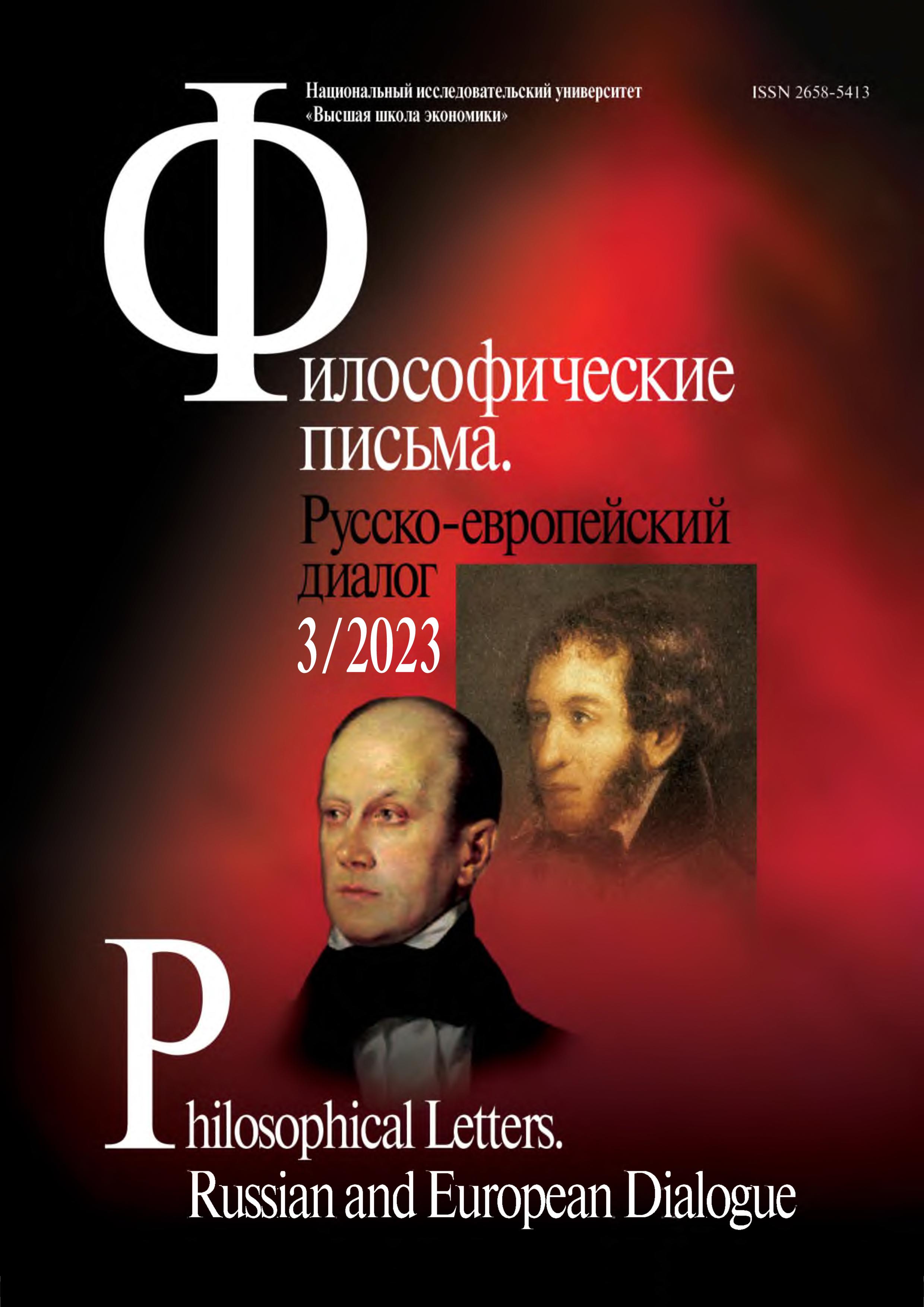L. S. Vygotsky: Journey to the West
Abstract
L. S. Vygotsky has influenced not only developmental psychologists all over the world, but also academicians from other research areas including, but not limited to, philosophers and cognitive scientists. His Western journey is a little hardened with linguistic, methodological, and ideological issues. Vygotsky scholars point out inaccuracies in English translations caused by both lack of competency in translators and fallacies in Soviet editions. Besides, most commenters focus on his theoretical heritage largely omitting the solid corpus of his experimental work. And, lastly, Western readers accustomed to academic liberties struggle to understand pieces where academic language is mixed with the ideological newspeak typically imposed on researchers by purblind dictatorships. This paper focus mainly on Vygotsky's presence in Western and global cognitive science. I hope to show that, while reaction of the initial symbolic cognitive paradigm adepts couldn't be but with a grain of alienation, later developments in the field, such as connectionism, enactive approaches, and predictive theories, have made up a more favorable riverbed for this inflow. Jerry Fodor's critique of Vygotsky from long ago although sometimes too contentious reveal a couple of real issues in the conventional conception of the mental. Scholars often referred to as neo-Vygotskians apply the thinker's methodological ideas to practical tasks of teaching mathematics or languages. “Radical” connectionists find new and interesting aspects in the doctrine of internalization, while the theory of learning through practical interaction becomes a bridge between enactivists and Predictive Processing theorists. Two proposals are put forward here that may help with further appropriation of Vygotsky's heritage by the present-day cognitive schools. First, one is advised to clearly distinguish a theory proper and an ontology. This distinction while more or less evident in mathematized natural science is usually quite opaque in qualitative theories like the one of Vygotsky. Meanwhile, it could help distill statements and hypotheses that may be operationalized and tested against experiments and computational models. The second proposal is an ontological scheme of nested networks, cerebral and social ones, understood as a meta-network accommodating distributed statistical computations. This view may further clarify the nature and functions of human language.

